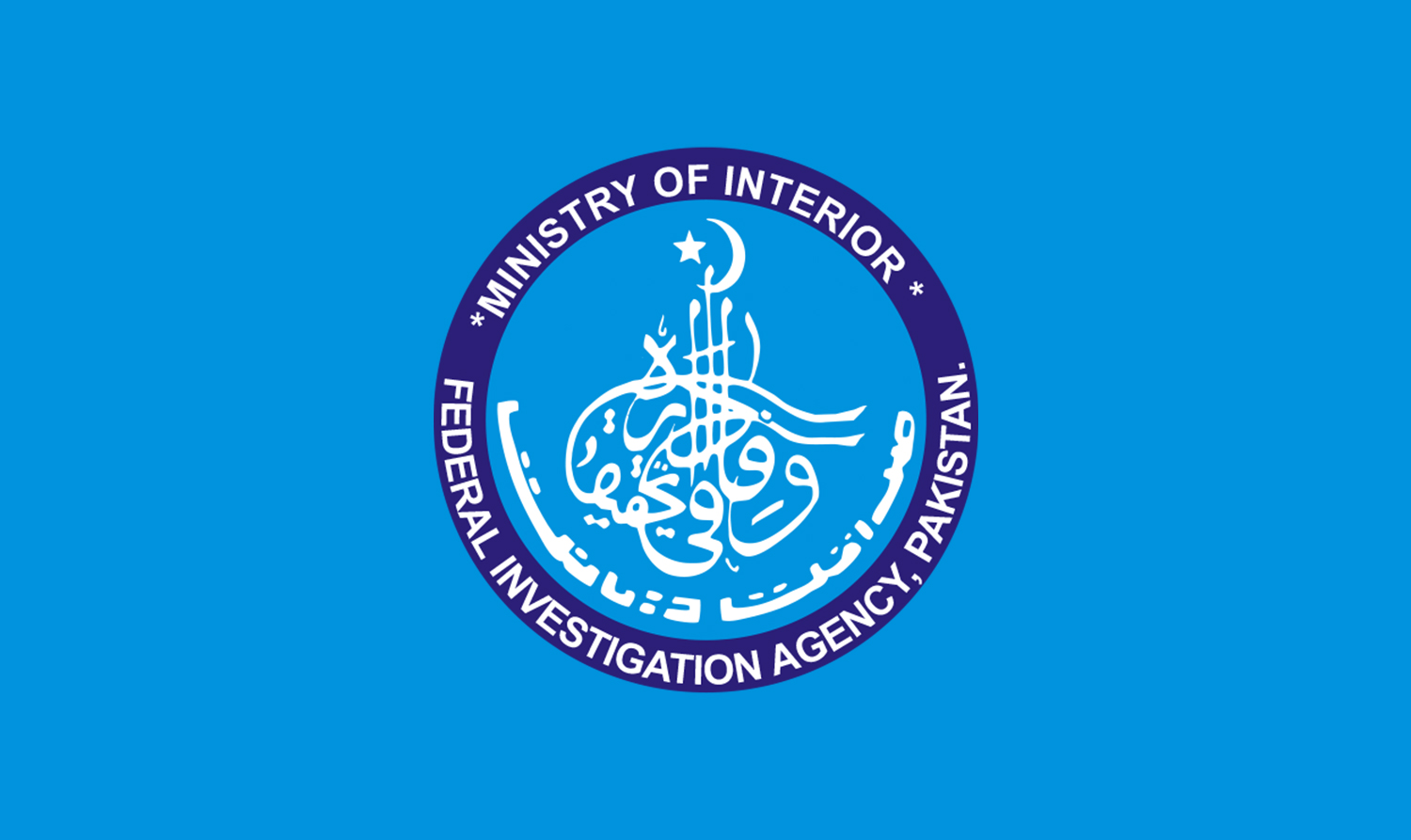Reported By: Imran Khan
KARACHI: In the multi-billion financial scandal of petroleum companies, the Federal Investigations Agency (FIA) has given a detailed briefing and recommendations to Governments institutions in a high level meeting in Islamabad regarding HESCOL Petroleum, BYCO Petroleum and Vitol Logistics Company, which operates globally,it has been revealed that OGRA was failed to implement its Regulatory responsibilities.
During the briefing it was discussed that under OGRA rules, oil marketing companies operating in the country could not enter into oil import and export deals with each other in the country. They have been making purchase agreements but no checks and balances have been placed on the letters of credit issued to their banks.
According to sources, an important meeting was held in Islamabad last week to address the issues raised by the representatives of the Ministry of Petroleum, State Bank, National Bank and a large private bank HBL, during meeting an important briefing was also given by the Director General FIA Sanaullah on the case registered against the oil markets companies.
In the meeting was decided that action must be taken against those involved in financial fraud However, affecting the business of the petroleum sector, which is the backbone of the national economy, cannot be a healthy process for Pakistan in any way. There are fears of major losses if business and financial transactions are to continue.
According to the information received by the Indus Gazette, the meeting also considered that since the companies against which cases of money laundering, banking fraud and forgery of documents are registered under the laws of the country, there are a number of hurdles for financial institutions to carry on business with these companies, as Vitol Logistics is named in a similar case with Hescol, so financial institutions are wary of doing business with it. A number of recommendations have also been made to the banks and OGRA to control such incidents in the future, which have been implemented.
The FIA recommended that the OGRA has to regulate and formulate the maximum price at which an OMC can import the product in Pakistan, the monthly weighted average cost of buying based on BL (bill of lading) date can be taken as a determining factor.
Moreover, OMCs should, by law, be directed to disclose publicly on its website, the complete cargo wise data of its imports highlighting, name of supplier, B/L date, origin of the product, name of the product, quantity bought (per metric ton or liter), rate per metric ton or liter in US dollar and Pak Rupee both, incidentals cost per liter in Pak Rupee, Premium or any other cost in US dollar charged by the supplier, total cost of the cargo, Value of the commercial invoice etc.
Secondly, the OGRA has although decleared inter OMCs sales prohibited, however, the check on OMCs has not propoerly been kept as can be evidenced from Hascol’s case where both Hascol and BYCO were engaged in opening LCs in favor of each other and then using the proceeds in different means causing loss to the various banks, the OGRA should in collaboration with the SBP (State Bank of Pakistan) formulate a mechanism where LCs opened and retired by each OMC with any commercial bank whether local or foreign be publically disclosed in order to facilitate the culture of transparency as well as to avoid recurring Hascol’s episode again causing loss to the national exchequer.
Thirdly. there should be an introduction of risk management, mitigation laws where OMCs should be required to follow the per party limit of buying imported products, doing this will eliminate the risk of collusion that OMCs could with its sole foreign supplier and can use it as a means of transferring precious foreign reserve outside Pakistan.
Lastly, in above point number 1 and 2, OMCs and their parent Organizations might say that their commercial terms will become public and cause confidential information flowing to the competitors, and if the it becomes difficult to promulgate the laws on public disclosure, the OGRA and SBP has to formulate an internal mechanism, where there should clear and defined roles and responsibilities of both institutions to deter and eliminate altogether the risk of excessive precious foreign reserve going out of Pakistan. There could perhaps be an internal approval procedure that all LCs will require approval of OGRA before being established and OGRA sets internal SOPs for monitoring.
It is pertinent to mention here that a FIR No. 01/2022 was registered by FIA CBC Karachi under 409/420/468/471/477-A / 109 PPC r / w 5 (2) of PCA 1947 r / w 3/4 AMLA 2010 amended in 2020 after lengthy and complex investigation against Hescol Petroleum, BYCO, Fossil Energy and Vitol Logistics on allegations that these companies with connivance of National and Private Banks were involved in financial fraud of in-cashing the dozens of LCs amounting to Billions .
according to the FIR, during the investigation, the case of opening of fake LCs of more than Rs 540 billion with the connivance of bank staff between HESCOL Petroleum and BYCO Petroleum was also brought to light by 19 different banks.
According to the interim challan,, the FIA investigated the transactions between the two companies and it was revealed that a very systematic procedure was adopted under which HESCOL Petroleum’s management, with the connivance of officials of National Bank and 18 other private banks, cashed in more than 300 billion liters of credit cash, in return for which either partial oil was obtained from Baiko Petroleum or oil was supplied only on paper. In return, BYCO Petroleum, with the help of HESCOL management and the same banks, paid more than 150 billion Letters of Credit cash to settle its accounts with HESCOL. thus that financial fraud was committed.






